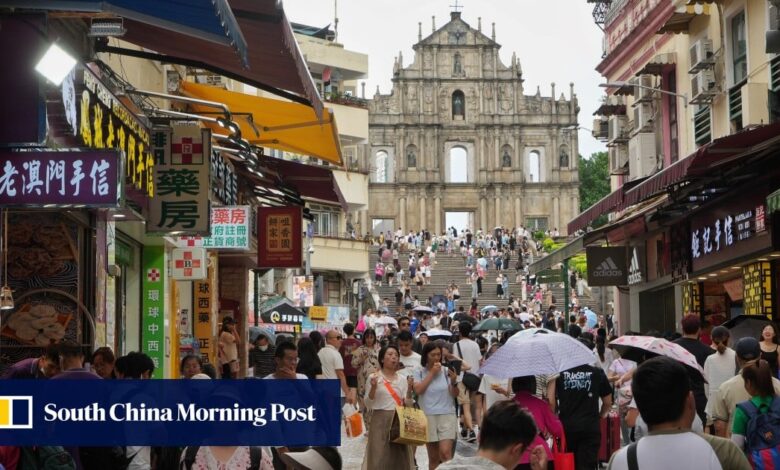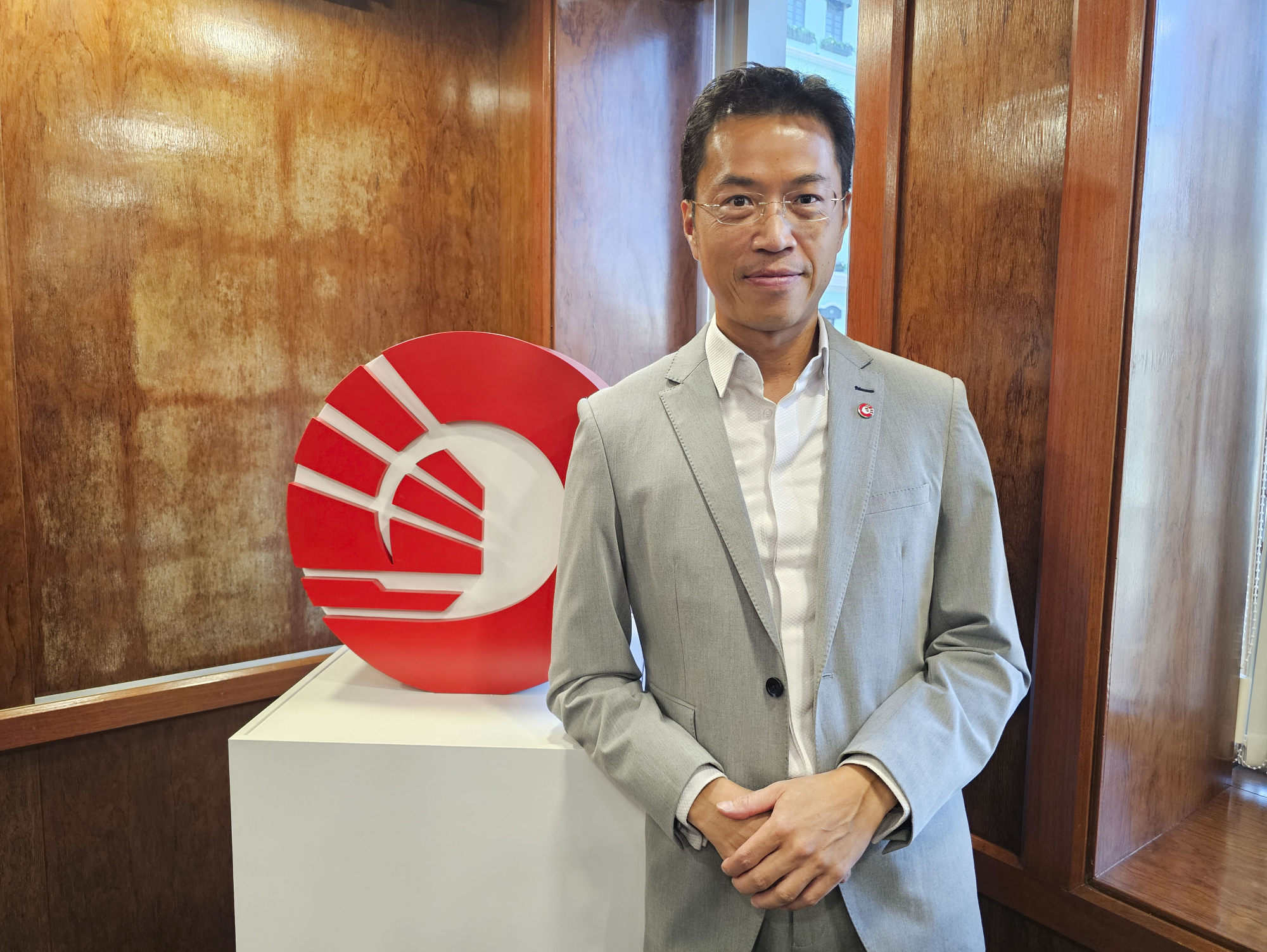OCBC expands wealth management, corporate banking in Macau to tap Greater Bay Area clients

OCBC, the second largest bank in Southeast Asia by assets, joins a slew of financial firms such as Manulife, Prudential and HSBC Life that have expanded in the gaming hub.

Group CEO Helen Wong said in May that the lender will spend HK$1.5 billion (US$192 million) over the next three years to upgrade its Hong Kong and Macau digital platforms, offices and branches.
The plan does not entail increasing the number of branches in Macau, but the branches will be upgraded to cater to more wealth management customers, Lou said.
While Macau’s population of 680,000 is smaller than the population of Sha Tin district in Hong Kong, the city has a strong tourism industry.
“Macau attracts about 30 million tourists every year, or on average about 100,000 a day,” he said. “Many of these visitors are from Greater Bay Area cities, who need about 15 minutes by car to cross the border to buy insurance and fund products in Macau.”
Beijing rolled out the Greater Bay Area blueprint in February 2019 to integrate Hong Kong, Macau and nine mainland cities into an economic powerhouse.
OCBC entered Macau via its acquisition of Wing Hang Bank in 2014. By taking over Wing Hang Bank’s 11 branches and 450 employees in Macau, the lender is now the second-largest bank in the former Portuguese colony, with total assets of HK$32 billion at the end of 2023.
Lou, 52, was born and brought up in Macau. After getting a bachelor’s degree in commerce from the University of Alberta, Canada, he returned to Macau and joined KPMG, where he worked for 11 years before switching to Wing Hang Bank in 2007. He has held many positions in the finance sector before taking the current role.
An increasing number of financial firms and companies from other sectors from Hong Kong and Asia are expanding their footprint in Macau following the government’s launch of the “1+4” development strategy last year. The strategy calls for the diversification of the casino-dependent economy to four other sectors, namely healthcare, financial services, technology, and conventions and exhibitions.
“Previously, our corporate clients were mainly domestic small and medium-sized enterprises, but the ‘1+4’ policies have attracted more large companies to Macau,” Lou said.
These newcomers, ranging from luxury brands, jewellers and supermarket chains, have boosted OCBC Macau’s corporate banking business. This segment represented 45 per cent of its business last year, up from about 30 per cent in 2019. Revenues meanwhile grew 20 per cent last year.
OCBC Macau, which previously focused on mortgage loans, is leaning more on wealth management, selling policies for AIA and China Life, while also offering hundreds of fund products to its clients.
“Many Macau investors previously invested only in property or stocks in Hong Kong,” Lou said. “Now we see more wealthy customers both from Macau and the Greater Bay Area buying insurance and fund products.”
Macau’s gaming-reliant economy has a modest financial sector. There are only three securities intermediaries, 27 insurers and 33 lenders, compared with 600 stockbrokers, 160 insurance companies and 164 banks in Hong Kong.
Lou said Macau lenders can still compete for wealthy customers from cities like Zhuhai and Zhongshan, which are closer to Macau than Hong Kong.
“Some investors prefer to work with Macau bankers for more personal services,” he said.
Source link



